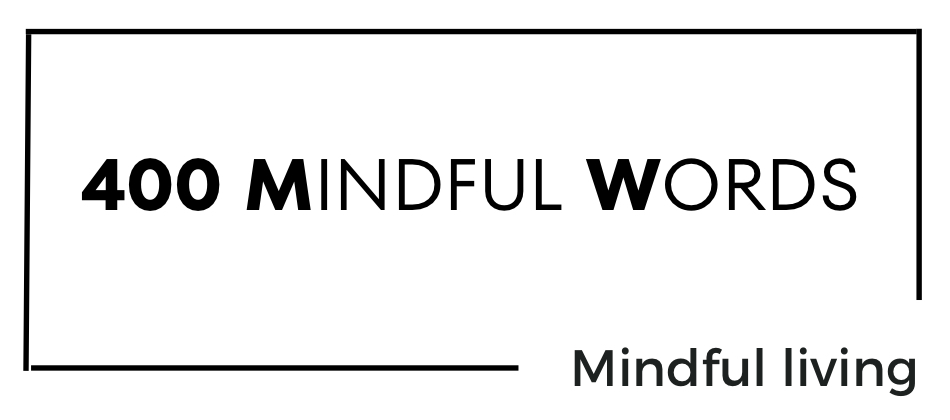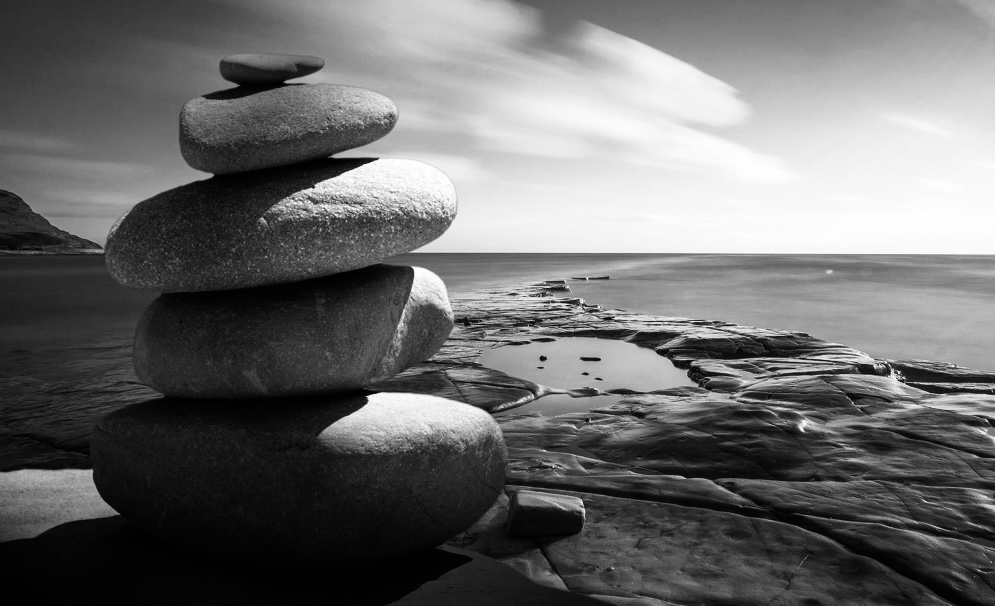After a year of regular sitting meditations, half-day online retreats, and weekly Dharma talks, the first instruction from my Zen teacher as a formal student was to practice counting my breath. While sitting in a prescribed way, I was instructed to inhale and exhale through my nose, ONE. Once again, TWO. “A well-trained meditator,” Sensei Chodo said, “might be able to get to three before his mind interrupts.” At that time, one must begin to count again. “A famous Zen Master spent years at ONE,” he added. How do you sell that to people? You don’t.
In a world driven by instant gratification, on-demand entertainment at our fingertips, and Uber Eats, Mindfulness meditation feels boring. Whether it is Zazen or simply laying down on the floor doing a body scan, the purpose is to remain still and pay attention while our brains want to continue to the next thing.
“The best-adjusted person in modern society,” says Jack Kornfield, “is the person who’s not dead and not alive, just numb.” As simple as this truth might sound, the idea is very counter-cultural. While the truth is that there are no free passes in Mindfulness Meditation, there is a quality of sincerity, an aspiration, that keeps me going. This practice becomes, in a certain way, an act of faith.
At the beginning stages of our practice, many of us think of ourselves as “bad meditators.” Assuming that one is not good at something is one of the first hindrances to practice; our doubting mind runs away from fear and wants to return to numbness. It happens because, at times, Mindfulness can bring up painful thoughts, emotions, and even hidden traumas. We are skilled at avoiding pain. But “without suffering,” Thich Nhat Hanh says, “There is no way to cultivate understanding and compassion.”
How do we manage to become skillful at something so opposite to what we have learned to do most of our lives? The answer, Baker Roshi says, is “intention and attention.” I intend to awaken, desire to break free from habitual patterns of reactivity, and long to learn the essence of what it means to be fully alive. These are the reasons I keep returning to what Gandhi referred to as “Blessed monotony.” As author Hellen Keller says, “The only way to the other side is through.” I could not agree more. No shortcuts.


